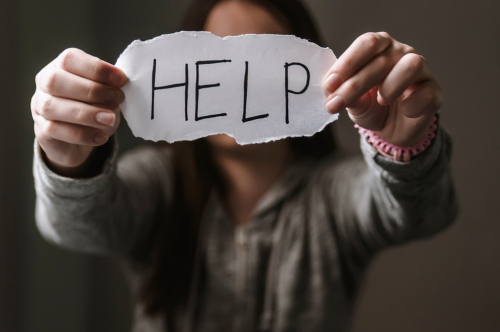
A registry-based, retrospective cohort study published in JAMA found an association between people who experienced a traumatic brain injury (TBI) and suicide.
The Denmark-based study looked at 7,418,391 individuals aged 10 years or older between 1980 and 2014. During that time, 567,823 (7.2%) of the participants were medically treated for TBI.
Over the course of the study, 34,529 of the individuals died by suicide; 3,536 (10.2%) were medically treated for mild TBI (concussion) (n = 2,701), skull fracture without documented TBI (n = 174), and severe TBI (head injuries with evidence of structural brain injury) (n = 661).
Our new Danish nationwide study in #JAMA showing that #TBI is associated with increased risk of #suicide – attention is needed on the many consequences of Traumatic Brain Injury to improve care @JAMA_currenthttps://t.co/oL02bQeLNh
— Michael E. Benros (@MichaelBenros) August 15, 2018
For those without a diagnosed traumatic brain injury, the absolute suicide rate was 20 per 100,000 person-years, compared to 41 per 100,000 person-years for those with TBI (severe TBI: absolute rate, 50.8 per 100,000 person-years; skull fracture without documented TBI: absolute rate, 42.4 per 100,000 person-years; and mild TBI: absolute rate, 38.6 per 100,000 person-years).
Overall, the adjusted incidence rate ratio (IRR) was 1.90. When measured against those with no documented TBI, the IRR was highest for those with a severe TBI (2.38), followed by those with a skull fracture with no documented TBI (2.01) and a mild TBI (1.81).
H.R. 2345 was signed into law today!
The lives of millions of Americans depend on the lifesaving services provided by @800273TALK . Thank you to everyone who advocates for suicide prevention every day. #StopSuicide https://t.co/YTxQm0se4k
— American Foundation for Suicide Prevention (@afspnational) August 15, 2018
The American Foundation for Suicide Prevention (AFSP) lists traumatic brain injury as a risk factor for suicide, as well as serious physical and mental health conditions. Suicide is the 10th leading cause of death in the United States, per AFSP, and there are an average of 123 suicides every day nationwide.
“The take-home message here is that mood and affect are commonly impacted by TBI, and that it is part of the organic brain injury, and need to be taken seriously,” Dr. Ramon Diaz-Arrastia, who coauthored an accompanying opinion piece, told Reuters.
If you or someone you know is struggling with suicide, call the National Suicide Prevention Hotline at 1-800-273-8255.







 © 2025 Mashup Media, LLC, a Formedics Property. All Rights Reserved.
© 2025 Mashup Media, LLC, a Formedics Property. All Rights Reserved.